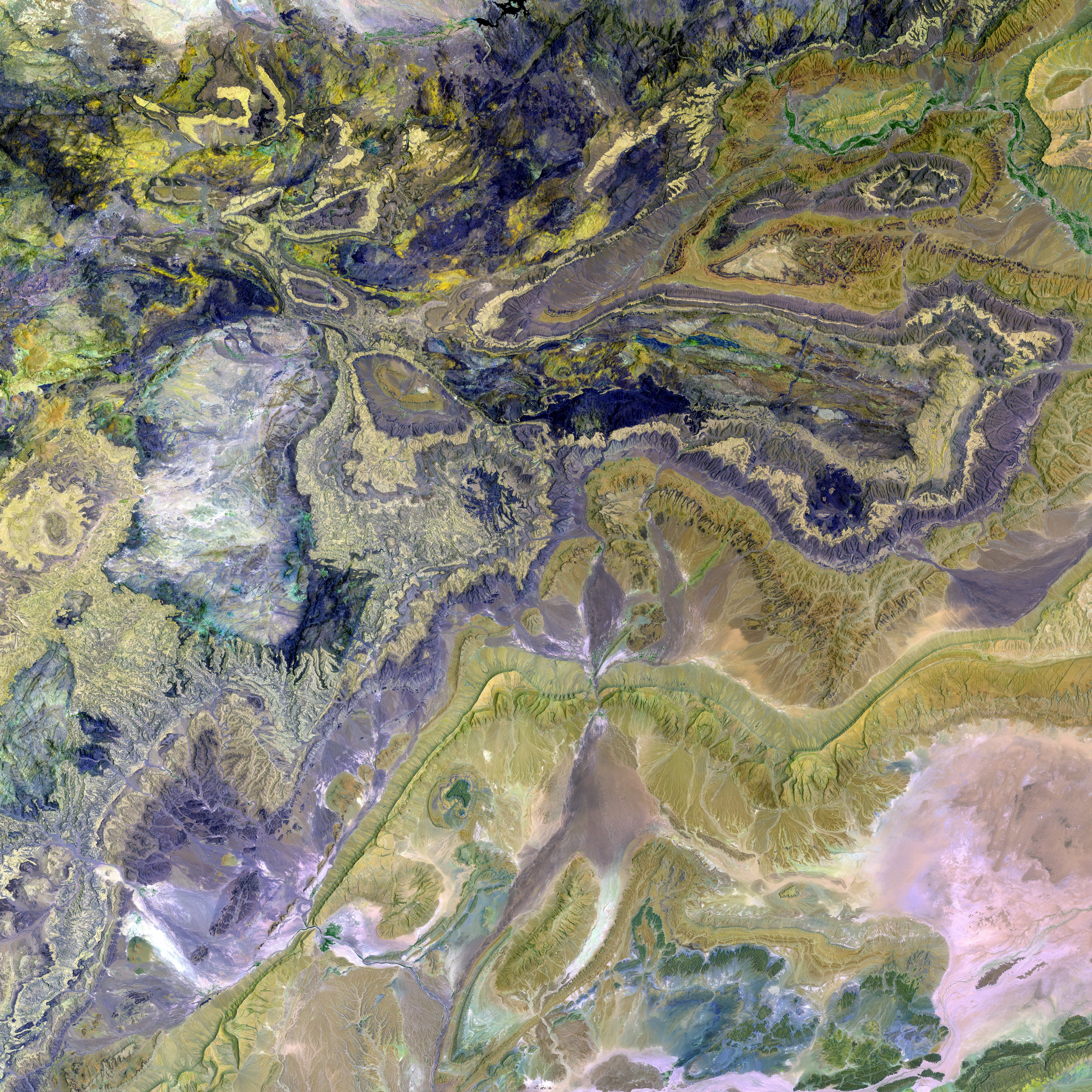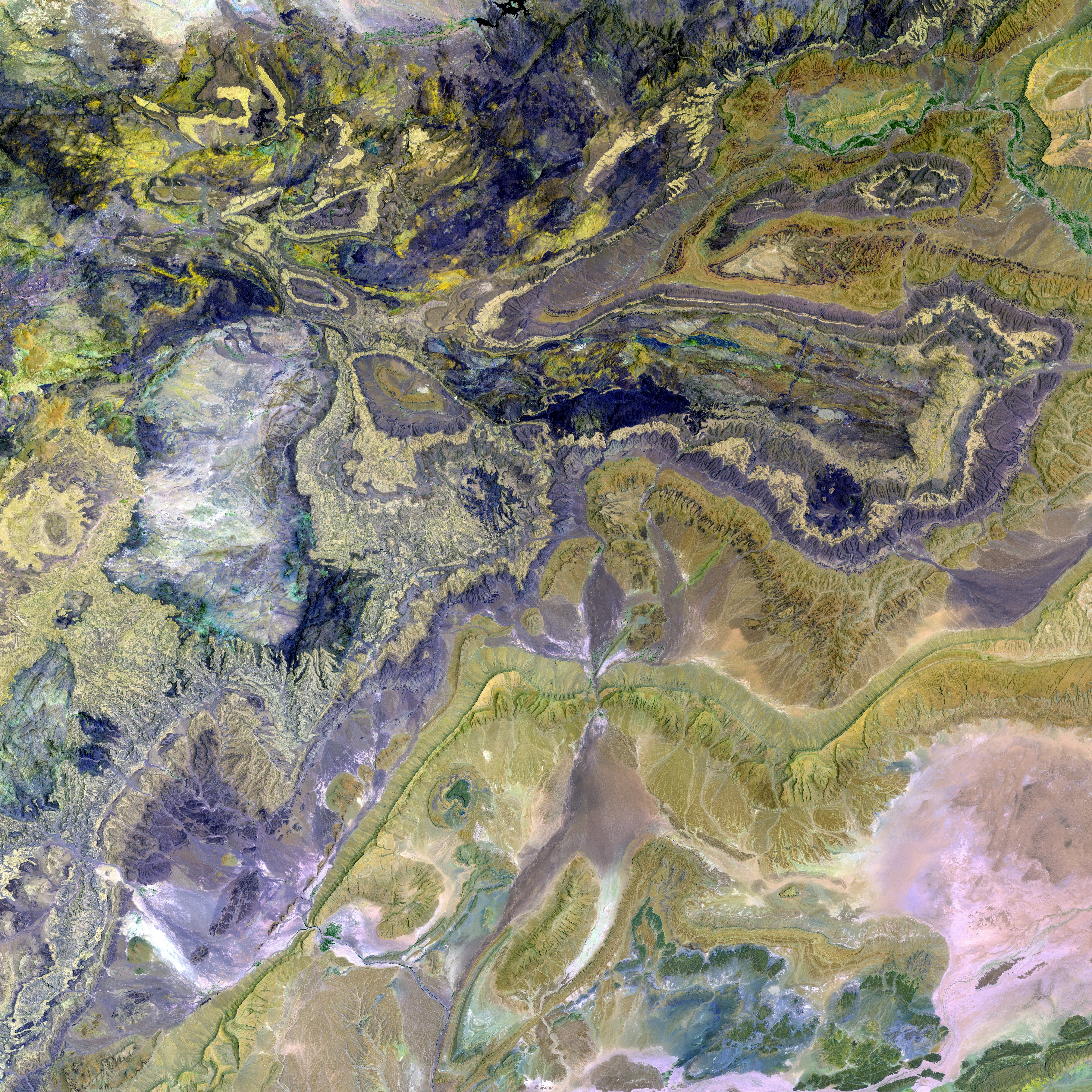Black cash could potentially rescue Argentina's financial crisis - Black Money's Alleged Role in Argentina's Financial Rescue Attempt
Argentina's Economic Resurgence: Legalizing Black Money Amid Inflation and Currency Woes
By Christine Leitner
In Argentina, where cattle farming has been a significant part of the culture for centuries, affordability issues have arisen due to rampant inflation that has significantly increased the cost of living. "Prices for various goods have skyrocketed by more than 50 to 100 percent and more," trader Eduardo Perez said in an interview with the "Global Times" magazine, describing a precarious situation that has led many to compare prices at different supermarkets and buy only essentials. As a result, beef, once a national staple, has been replaced with chicken on many dinner tables.
With the highest inflation rate in the world (trailing only Zimbabwe), Argentina hit a record high of nearly 290 percent in April 2024. Despite a subsequent decline, trust in the currency, the peso, and the banking system remains low. Argentines prefer to secure their savings and investments in foreign currencies whenever possible, with estimates suggesting that there are more dollar bills circulating in Argentina than anywhere else outside the USA, with citizens holding collectively between 250 and 400 billion US dollars in cash or abroad.
Upon taking office, President Javier Milei announced plans to minimize Argentina's budget deficit and strengthen the economy. To accomplish this, the government accepted a devaluation of the national currency in favor of the dollar, as dollarization is one of the last resorts for countries that have lost control of their currency to create stability. This path has been successfully taken by countries like El Salvador, Panama, or Ecuador. Nevertheless, Argentina lacks the necessary prerequisites—foreign exchange reserves are depleted, the country is heavily indebted, and Milei and his cabinet lack the imagination for a sensible implementation. Moreover, private individuals were prohibited from purchasing large amounts of dollars, leading to the emergence of a thriving black market on the streets of Buenos Aires, where citizens exchanged their pesos for dollars to protect against fluctuations in value.
Now, President Milei wants savers to spend this money. "If these funds are injected into the economy, it will lead to a significant acceleration in the growth rate," he recently said in a television interview, rhetorically likening the move to legalizing "black money." The government plans to accomplish this by relaxing or abolishing reporting requirements introduced in 2019 through decrees and a bill. Formerly, certain amounts of money transferred or withdrawn in cash, as well as real estate and car sales, had to be reported to tax authorities—these so-called capital controls aimed to support the plunging peso, but instead, they only distorted the gap between the black market and the official exchange rate, pushing investors and entrepreneurs to urge the government to change course.
According to Milei, the aim is not to collect taxes but to bring funds into circulation. "It's not about collecting taxes, but about making funds available. So that people can freely dispose of their money," he explained on television. This policy might not benefit everyone equally, considering the economy's faltering condition, with rising inflation, and cost of living, coupled with low wages—at one point, the average Argentine salary was around 200 euros per month. Those struggling to make ends meet had little left by the end of the month for black market dollar exchanges.
- Argentina
- Javier Milei
- Inflation
- Black Market
- Dollarization
- Capital Controls
As Milei's policy initiative seeks to address Argentina's chronic shortages of U.S. dollars, boost economic liquidity, and stimulate growth by encouraging Argentinians to bring their substantial savings back into the formal economy, it remains to be seen how these objectives will translate into concrete results in the short term. It is anticipated that the policy may inject billions of dollars into the ailing economy, provide much-needed liquidity, and potentially accelerate growth. Furthermore, it could help stabilize the currency markets if more dollars are available for transactions, reducing reliance on the black market for currency exchange. However, potential risks include exacerbating wealth inequalities and inflationary pressures, should the injection of large amounts of previously hoarded dollars lead to increased demand for goods and services without a corresponding increase in supply.
- The policy initiative of President Javier Milei, aimed at resolving Argentina's prolonged scarcity of US dollars, involves encouraging citizens to reintroduce their savings into the formal economy, with the goal of boosting economic liquidity and stimulating growth.
- To achieve this, Milei proposes relaxing or abolishing the capital controls instituted via decrees and a bill in 2019, which required certain transactions and financial activities to be reported to tax authorities. This relaxation of requirements could bring large sums of money into circulation, potentially injecting billions of dollars into the ailing economy.
- The implications of this policy might have significant consequences, such as reducing reliance on the black market for currency exchange, potential wealth redistribution, and possible acceleration of economic growth. However, the policy may also risk exacerbating wealth inequalities and inflationary pressures if the injection of a substantial amount of previously hoarded dollars leads to increased demand for goods and services without a corresponding increase in supply.







